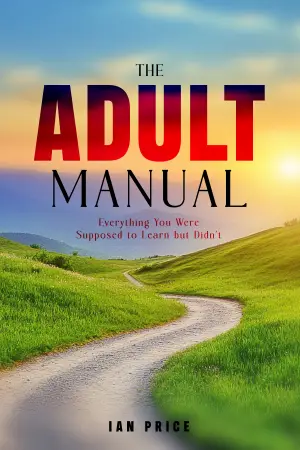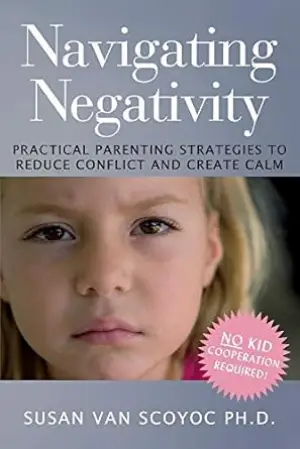I recently had the pleasure of diving into Financial Feminist by Tori Dunlap, a book that has been making waves as an instant New York Times bestseller. As someone who’s always been keen on personal finance and the nuances of financial literacy—especially for women—I was eager to see what insights Tori had to offer.
Tori Dunlap, a renowned financial educator and the mastermind behind the platform Her First $100K, has crafted an accessible and inclusive guide to financial empowerment. As I journeyed through her narrative, it struck me that her approach is deeply personal—rooted in her own experiences of growing up with financially savvy parents, but also aware of the societal gaps in financial education for women. Dunlap eloquently investigates the financial literacy gap and how girls often miss out on essential lessons about investing and wealth accumulation compared to their male peers.
One of the standout features of Financial Feminist is its engaging tone. Many readers, myself included, appreciate how she addresses sensitive topics like debt and savings without judgment. For instance, a reviewer named Zach emphasized that the book is not only filled with crucial information but is also wildly entertaining, making it feel less like a chore and more like chatting with a wise friend. I couldn’t agree more—her ability to weave humor into tough financial topics made complex ideas much more relatable. Additionally, the book includes exercises and journaling prompts that encourage readers to reflect on their relationship with money. As noted by Rachel, these actionable steps significantly boost one’s financial confidence and clarity.
However, no book is without its drawbacks. Some readers, like Emily, found moments of cringe throughout the text, suggesting that certain anecdotes or quips may not resonate with everyone. While I did find a few sections that felt a bit cliché, they didn’t detract greatly from the overall message. The most significant concern for me was the heavy reliance on contemporary terms and concepts that might leave readers overwhelmed. A handful of readers felt that new financial terms, like HYSA and Roth IRA, were thrown around without adequate explanation. However, as someone already somewhat familiar with financial vocabulary, I viewed this as a minor hurdle rather than a major barrier.
As someone who grew up in a household that stressed financial literacy, I found Financial Feminist refreshing in its modern approach. Tori effectively breaks down financial jargon into digestible pieces, which, as noted by Brenda, is a breath of fresh air compared to the often confusing advice given by "financial gurus" that merely create feelings of shame. The book also emphasizes the importance of understanding that financial challenges are often systemic and not solely individual failures, a point that resonated deeply with many readers.
In conclusion, I highly recommend Financial Feminist to anyone looking to demystify personal finance, especially women navigating their financial journeys. Tori Dunlap’s insights and relatable style make this a practical choice for both beginners and those wishing to hone their existing knowledge. I believe this book is essential reading; it arms you with the confidence and tools needed to take ownership of your financial future. Whether you’re entirely new to personal finance or just looking for a fresh perspective, this bright, engaging guide is a worthy addition to your bookshelf.








